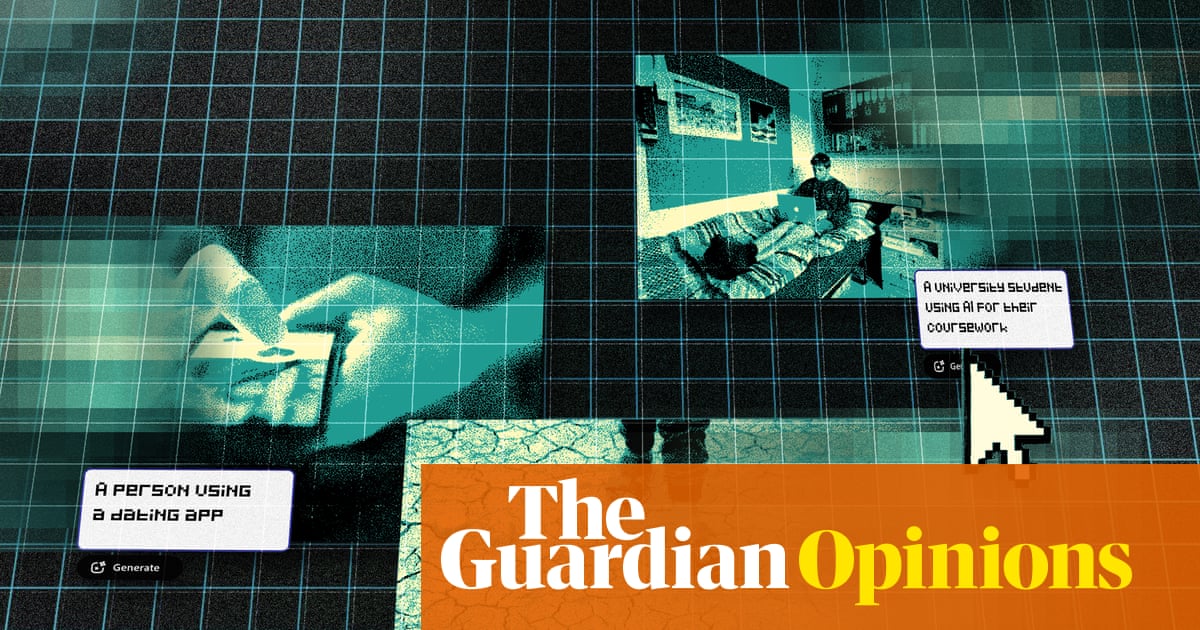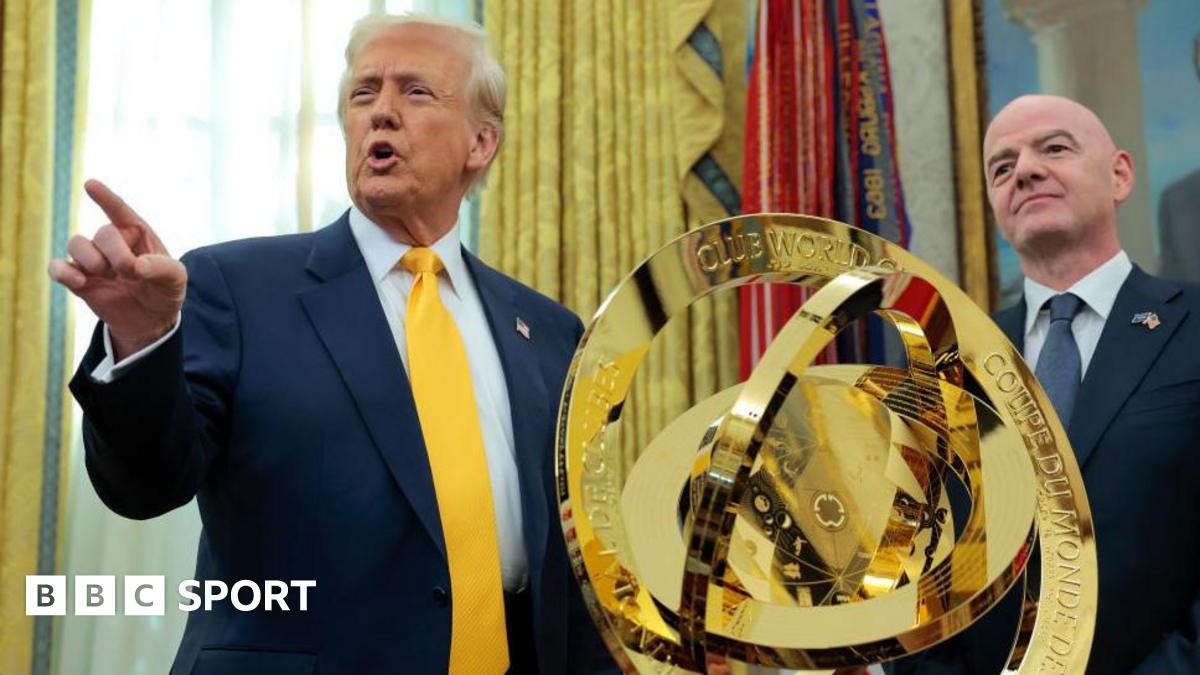Federal authorities have charged three current or former Louisiana police chiefs with taking bribes in exchange for filing false police reports that would allow noncitizens to seek a visa that lets certain crime victims stay in the US.
The false police reports would indicate that the immigrant was a victim of a crime that would qualify them to apply for a so-called U visa, US attorney Alexander C Van Hook said on Wednesday at a news conference in Lafayette, Louisiana. He said the police officials were paid $5,000 for each name they provided falsified reports for – and that there were hundreds of names.
There had been “an unusual concentration of armed robberies of people who were not from Louisiana” when the scheme unraveled, Van Hook said, noting that two other people were also charged in the alleged plot.
“In fact, the armed robberies never took place,” he said.
Earlier in July, a federal grand jury in Shreveport returned a 62-count indictment charging the five defendants with crimes including conspiracy to commit visa fraud, visa fraud, bribery, mail fraud and money laundering, Van Hook said.
Those charged are the Oakdale police chief, Chad Doyle, Forest Hill police chief, Glynn Dixon, former Glenmora police chief Tebo Onishea, Michael “Freck” Slaney, a marshal in Oakdale, and Chandrakant “Lala” Patel, an Oakdale businessman.
If convicted, the defendants could face years or even decades of jail time. Court and jail records do not list attorneys for any of them.
According to investigators, people seeking special visas would reach out to Patel, who would contact the lawmen and offer them a payment in exchange for falsified police reports that named the migrants as victims of armed robberies that never occurred.
The scheme went on for nearly a decade, Van Hook said.
Asked what might happen to the people who allegedly paid bribes, including whether they might be charged or their immigration status might be changed, Van Hook said he could not say yet – but that the investigation was ongoing.
Getting a U visa can give some crime victims and their families a pathway to US citizenship. About 10,000 people got them in the 12-month period that ended 30 September 2022, which was the most recent period for which the US homeland security department has published data.
These special visas, which were created by Congress in 2000, are specifically for victims of certain crimes “who have suffered mental or physical abuse” and are “helpful to law enforcement or government officials in the investigation or prosecution of criminal activity”, based on a description of the program published by the US Citizenship and Immigration Services.
“These visas are designed to help law enforcement and prosecutors prosecute crimes where you need the victim or the witness there, ” Van Hook said. “U visas serve a valuable purpose, and this is a case where they were abused.”
When asked about the extent of the fraud, Van Hook said there were “hundreds of names” – specifically for visas that were approved.
At least two of the police chiefs had been arrested as of the Wednesday morning news conference, authorities said.
A spokesperson for the Louisiana attorney general’s office, Lester Duhé, said that agency was assisting federal investigators with “court-authorized activities” when asked about its role in the case.
The current or former police chiefs are from small central Louisiana municipalities that are near each other. They are in a part of the state that is home to multiple immigration detention facilities.
Although Louisiana does not share a border with a foreign country, there are nine Immigration and Customs Enforcement (Ice) detention facilities in the state collectively holding nearly 7,000 people.
Local news outlets reported seeing Ice and FBI agents entering the homes of two of the chiefs. Van Hook said authorities searched multiple police departments and a Subway sandwich shop that Patel operated.
Van Hook and others said at the news conference that the arrests do not mean the indicted chiefs’ departments are corrupt.
In 2021, the USCIS warned that the U visa program was susceptible to fraud after a federal inspector general’s audit found that administrators had not addressed deficiencies in their process.
The audit found that USCIS approved a handful of suspicious law enforcement signatures that were not cross-referenced with a database of authorized signatures, according to the inspector general’s report. They were also not closely tracking fraud case outcomes, the total number of U visas granted per year, and were not effectively managing the backlog, which led to crime victims waiting for nearly 10 years before receiving a U visa.

 4 months ago
50
4 months ago
50








 English (US) ·
English (US) ·